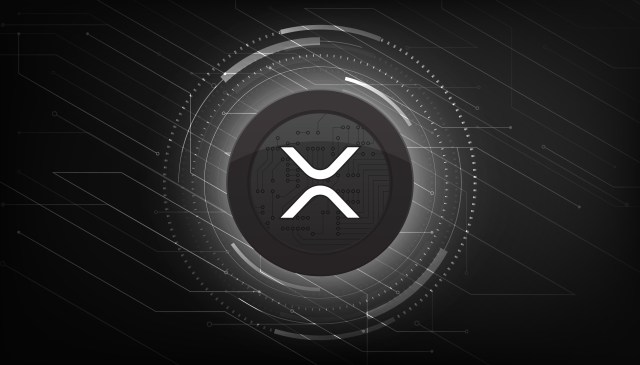Estonia, a nation long known for its embrace of digital innovation, is revamping its cryptocurrency regulations to create a more robust and transparent market. The Estonian government recently approved a bill that will significantly increase oversight of cryptocurrency service providers, bringing them under the stricter purview of the Financial Supervision Authority (FSA).
This shift marks a significant change from the previous system, where the Financial Intelligence Unit (FIU) primarily focused on Anti-Money Laundering (AML) compliance. The FSA, on the other hand, will implement a comprehensive regulatory framework, including stricter licensing requirements and the power to impose hefty fines of up to €5 million for AML violations. This move signals Estonia’s strong stance against financial malpractices within the sector.
Aligning With Europe: A Unified Approach
The new bill is not just about tightening internal controls; it also seeks to harmonize Estonian regulations with the European Union’s Markets in Crypto-Assets (MiCA) framework. This alignment signifies Estonia’s commitment to creating a consistent approach to crypto regulation across EU member states. With MiCA set to take effect in early 2025, Estonia is taking a proactive step to ensure a smooth transition for both businesses and regulators.
Balancing Innovation With Security
Estonia has a well-deserved reputation for being crypto-friendly. In 2017, it established itself as a haven for digital currency companies by simplifying registration procedures and fostering a welcoming legal environment. However, the 2020 revocation of numerous licenses due to non-compliance highlighted the need for stricter oversight. The current bill represents a measured approach, aiming to strike a balance between encouraging innovation and safeguarding the market.
A Safe Harbor For Crypto Businesses
The Estonian government seems to be sending a clear message: innovation is welcome, but responsible conduct is paramount. The new regulations, while stricter, offer a path forward for legitimate businesses. Existing crypto firms with FIU licenses will be granted a grace period until the end of 2025 to obtain FSA licenses, providing them with ample time to adapt to the new requirements.
Additionally, the bill introduces a relaxed securities prospectus obligation for companies seeking to raise capital. This move aims to make it easier and more cost-effective for businesses to secure funding, potentially benefiting not just the crypto sector but also fostering the growth of the Estonian capital market as a whole.
Related Reading: Cardano Luminary Foresees Technological Revolution By 2030
Estonia’s Potential As A Crypto Leader
By strengthening its regulatory framework and aligning with EU-wide standards, Estonia is positioning itself as a leader in the European crypto landscape. This measured approach, combining innovation with robust oversight, could attract businesses seeking a secure and transparent environment to operate in. With its established digital infrastructure and a government committed to responsible regulation, Estonia has the potential to become a hub for reputable crypto service providers within the European Union.
Featured image from Peak Visor, chart from TradingView
Bitcoinist.comRead More



